Scam calls have evolved into a sophisticated and persistent menace, blending modern technology with age-old psychological tricks. These callers often appear polished, informed, and strangely convincing, which makes the scams harder to detect at first glance. Many rely on urgency, fear, or curiosity, aiming to push you into reacting before you have a chance to evaluate the situation. With caller-ID spoofing, leaked personal data, and scripted dialogues, scammers can mimic real institutions almost flawlessly. Understanding how these scams work, when they first became common, and the warning signs that reveal them is essential for protecting yourself and others in an increasingly connected world.
1. “Bank Account Verification” Scam
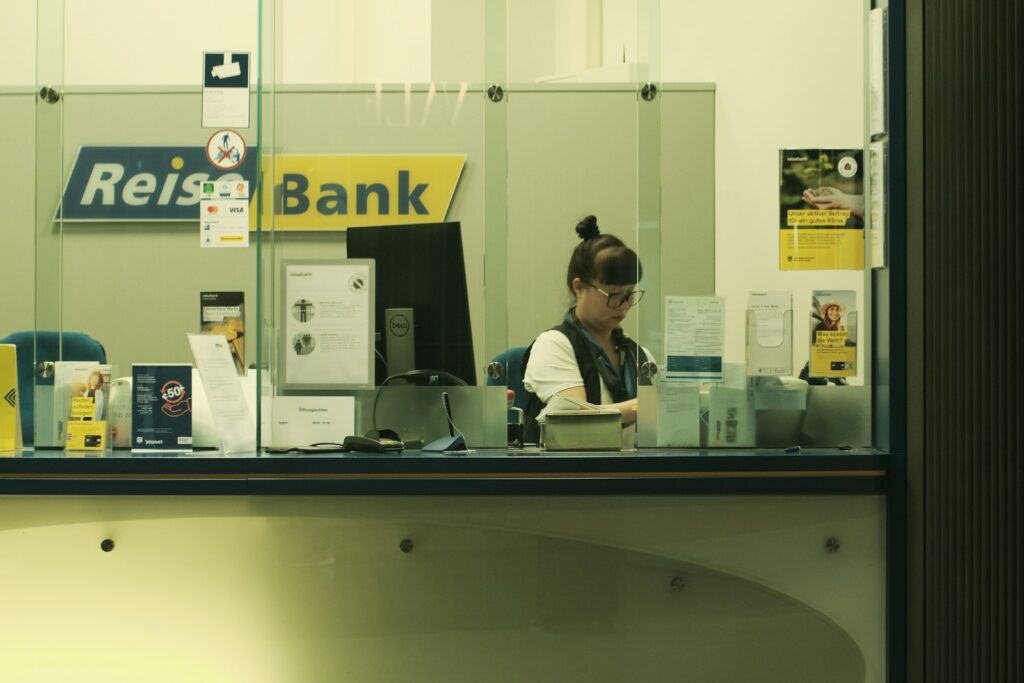
This scam began rising sharply in the early 2000s when fraudsters discovered how easily they could spoof bank phone numbers. The caller typically claims there has been suspicious activity on your account and insists they need to “verify” your card details or login credentials to protect your funds. Their tone is calm but authoritative, making the request sound routine. In reality, no bank ever calls customers to ask for sensitive information. The safest response is to hang up immediately and call your bank through the official number listed on their website or on your card.
2. “IRS or Tax Department” Threat Call
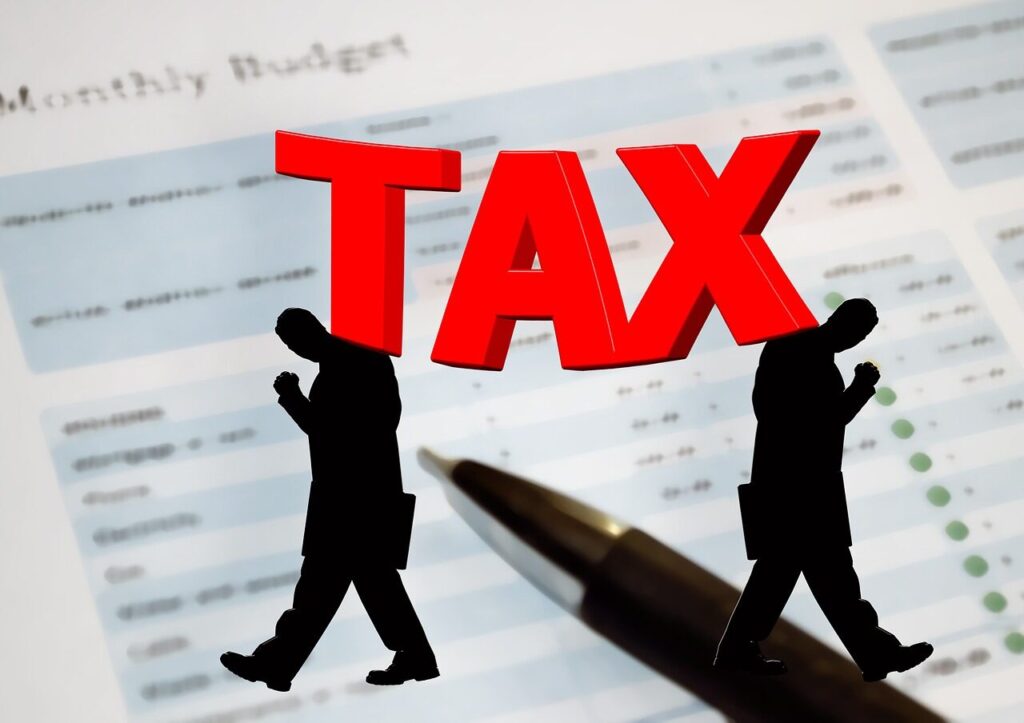
Tax-themed scams exploded around 2013, especially during filing season when people are already anxious about regulations. Scammers claim you owe back taxes or made errors in your return, and they threaten legal consequences unless you pay immediately. They may provide fake case numbers, badge IDs, or call recordings to seem legitimate. Real tax agencies never call people demanding instant payment, nor do they request money through gift cards or digital wallets. If you receive such a call, stay calm and verify your tax status through official government channels.
3. “Lucky Draw or Lottery Win” Pitch
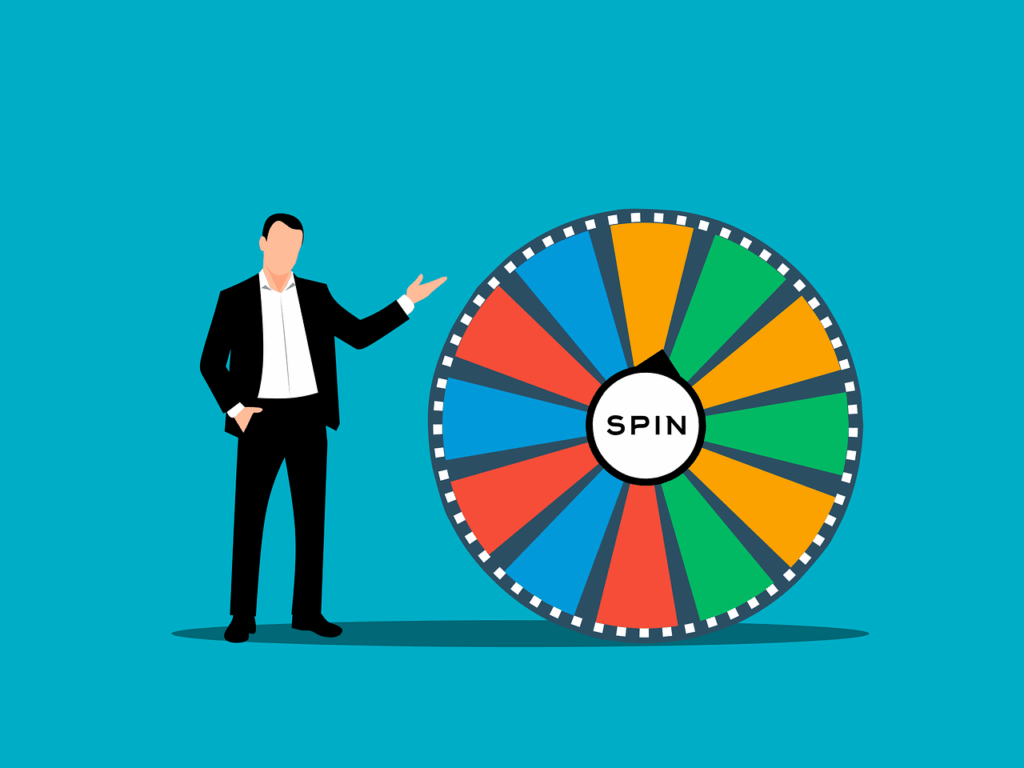
This long-running scam became extremely common in the late 1990s and early 2000s. The caller excitedly announces that you have won a large cash prize, a luxury car, or a vacation package. They use familiar brand names or international sweepstakes titles to gain your trust. Eventually, they claim you must pay a “processing fee” or “tax” before your prize can be released. No legitimate lottery asks for upfront money, especially if you never entered anything. Once you send cash or card details, the scammer vanishes without a trace.
4. “Family Member in Trouble” Emergency Call

Around 2008, this emotional scam gained momentum as scammers began using social media details to tailor their stories. A caller pretends to be a distressed relative or someone representing them, claiming an accident, arrest, or medical emergency. They beg you to send money quickly and warn you not to contact other family members to “avoid embarrassment” or “legal trouble.” The urgency is the trap. Before reacting, always verify the situation by calling the actual family member or another trusted relative.
5. “Credit Card Limit Upgrade” Offer

This scam became widespread after 2015, when major data leaks made partial customer information accessible to criminals. The caller claims they can raise your credit limit or improve your credit score instantly if you verify your card number or pay a service fee. They sometimes read out the first few digits of your card to appear legitimate. True financial institutions never request sensitive information over unsolicited calls, and credit limit increases are managed through secure, official channels. Any mention of fees should immediately raise red flags.
6. “Tech Support From Microsoft/Apple” Call
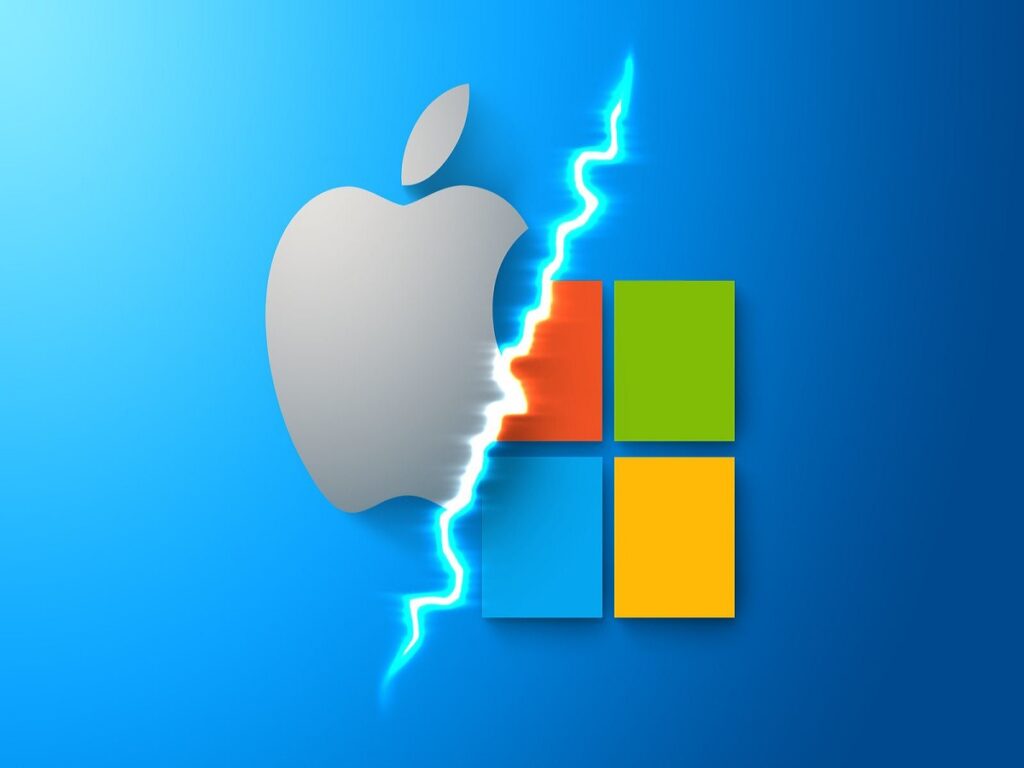
Since around 2012, scammers have exploited people’s fear of losing data. They call, claiming your device has been compromised by viruses or hackers and insist on remote access to “fix the issue.” Once allowed in, they either steal data, lock your device, or install harmful software, and then demand payment for fake services. Real tech companies never call customers out of the blue about security problems. If you suspect an issue, visit the official support website or consult a certified technician rather than trusting a random caller.
7. “Courier Package Problem” Notification

This scam surged after 2020 due to the rise of online shopping. A caller claims your parcel is stuck due to customs problems, unpaid charges, or incorrect documentation. They ask for OTPs, personal identification numbers, or small payments to “release” the package. Some scammers even use fake tracking numbers to seem convincing. Authentic courier companies never demand sensitive details over the phone, and any legitimate payment requests appear only through official apps or secure links you initiate yourself.
8. “Electricity or Water Bill Disconnection” Warning
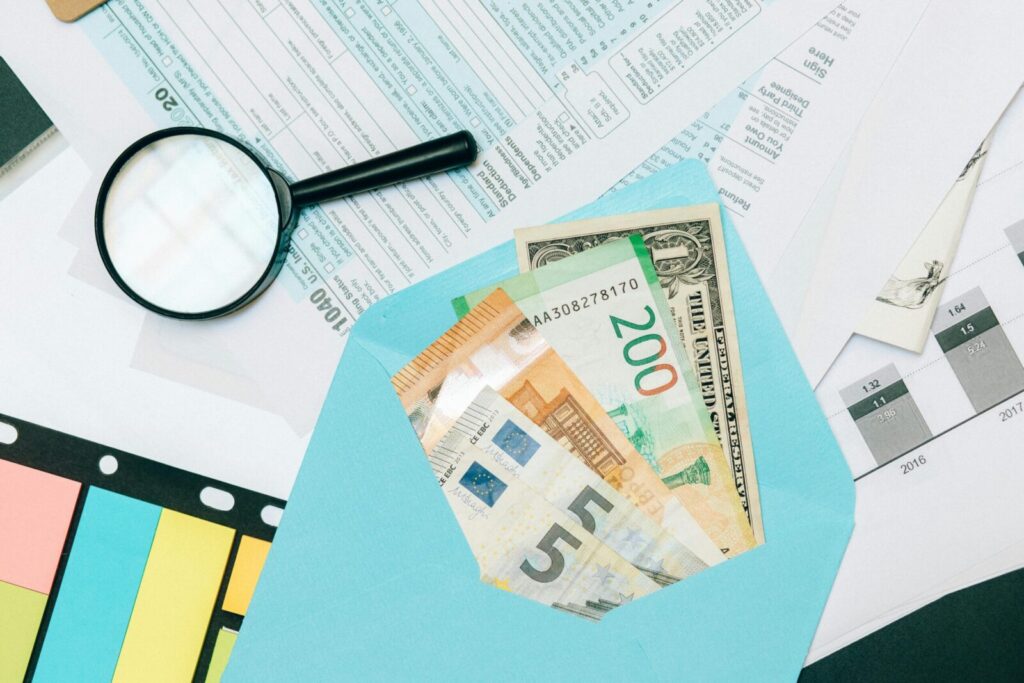
Around 2017, scammers began taking advantage of digital billing systems. They call, stating your utility bill is overdue and threatening to disconnect service within hours unless you pay immediately. The pressure is intentional, designed to prevent you from thinking clearly or checking your actual bill. Real utility companies send written notices multiple times before any disconnection and never demand sudden payments through prepaid cards or e-wallets. Always verify with the utility provider using their official customer service number.
9. “Medical Insurance Renewal” Trick

With more people relying on private insurance after 2016, scammers seized the opportunity to impersonate insurance agents. They claim your policy is about to expire or that you’re eligible for a premium upgrade at a huge discount. Next, they request bank details, Aadhaar numbers, or digital payment information to “update your account.” Legitimate insurers do not seek personal financial details over unsolicited calls and always provide official documentation. Before paying or sharing anything, cross-check your policy status directly with the company.
10. “Fake Job Interview” Scheduling Call

Scammers began exploiting job seekers more aggressively after 2014 as digital recruitment portals grew. They call, claiming you’ve been shortlisted for a high-paying role and schedule a quick interview. Soon after, they demand registration fees, training charges, or security deposits, insisting payment is required to confirm your position. Reputable employers never ask applicants to pay anything during recruitment. Always verify the company’s email domain, website, and physical address before engaging further.
11. “Fake Police Department” Intimidation Call

This fear-based scam became prevalent around 2011. A caller pretends to be a police officer or investigator, claiming your identity is linked to illegal activity such as money laundering or cybercrime. They use forceful language, background chatter, or intimidating scripts to make you panic. Their intention is to push you into paying a “fine” or revealing personal information. Real police do not demand payments on the phone, nor do they conduct legal proceedings through random calls. Always disconnect and report the call.
12. “Charity Donation Request” Fraud

After major natural disasters or humanitarian crises, scammers often pose as charity workers to exploit public sympathy. This trend intensified around 2015. They sound compassionate and use emotional stories to persuade you to donate immediately. Some even use the names of popular NGOs to seem legitimate. Genuine charities provide detailed information about their work and allow donations through official websites. If a caller pressures you to donate right away, that alone is a strong warning sign.
13. “Telecom SIM Blocking” Alert
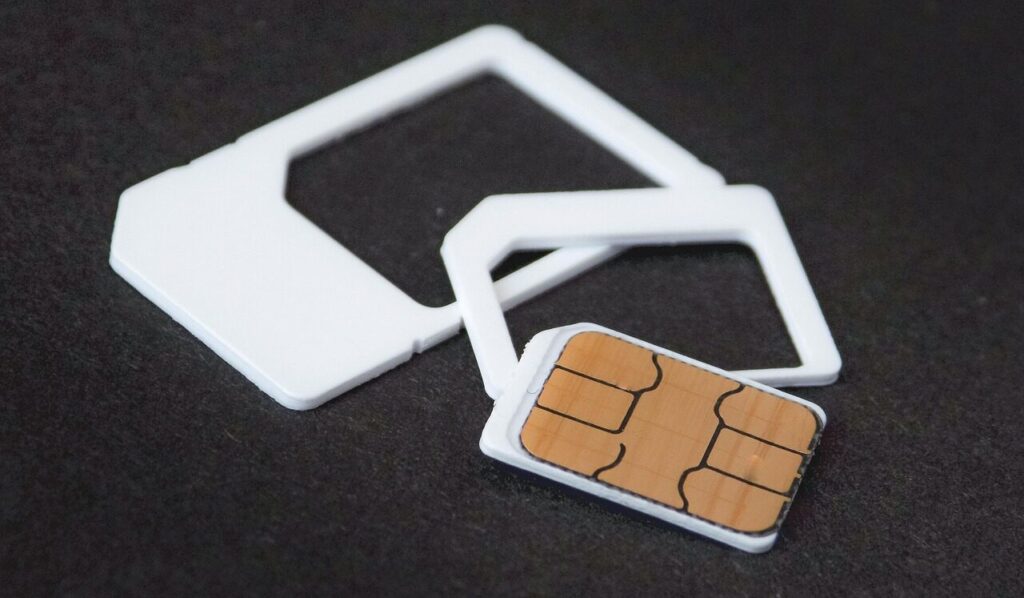
Scammers often impersonate major phone carriers, warning customers that their mobile accounts will be suspended due to “security issues” or “suspicious activity.” They pressure you to share account PINs, passcodes, or personal details, claiming it’s needed to “verify your identity.” Once they obtain this information, they can take over your phone number, which may also give them access to banking and email accounts tied to that number. Legitimate carriers never ask for sensitive information through unsolicited calls, and any account changes should always be made through the official carrier website, app, or customer-service line you dial yourself.
14. “Online Subscription Renewal” Hoax

As subscription-based platforms surged after 2019, scammers began pretending to represent streaming or software services. They claim your plan is expiring, and a penalty will be added unless you update payment details immediately. Their aim is to obtain card information or gain remote access to your device. Real companies manage subscriptions through their apps or email reminders, not sudden, threatening phone calls. Always check your subscription status within the official app.
15. “Social Media Account Recovery” Scheme

By 2021, scammers realized how valuable social media accounts can be. They impersonate security teams, claiming suspicious login attempts were detected, and your account could be locked. They ask for OTPs, login credentials, or email access to “secure” your profile. This information is then used to hijack your account. No legitimate social media platform asks for passwords or codes by phone. Always perform recovery steps only inside the official app or website.
16. “Investment Growth Opportunity” Pitch

Investment-related scams increased rapidly after 2017 with the popularity of digital trading, cryptocurrencies, and quick-profit schemes. Scammers promise guaranteed returns, early access deals, or exclusive insider tips. Their pitch is confident, polished, and often backed by fabricated testimonials. Real investments carry risk, and no legitimate advisor guarantees profits. Always research the company carefully, check licenses, and consult a certified financial expert before placing money anywhere.
Comments